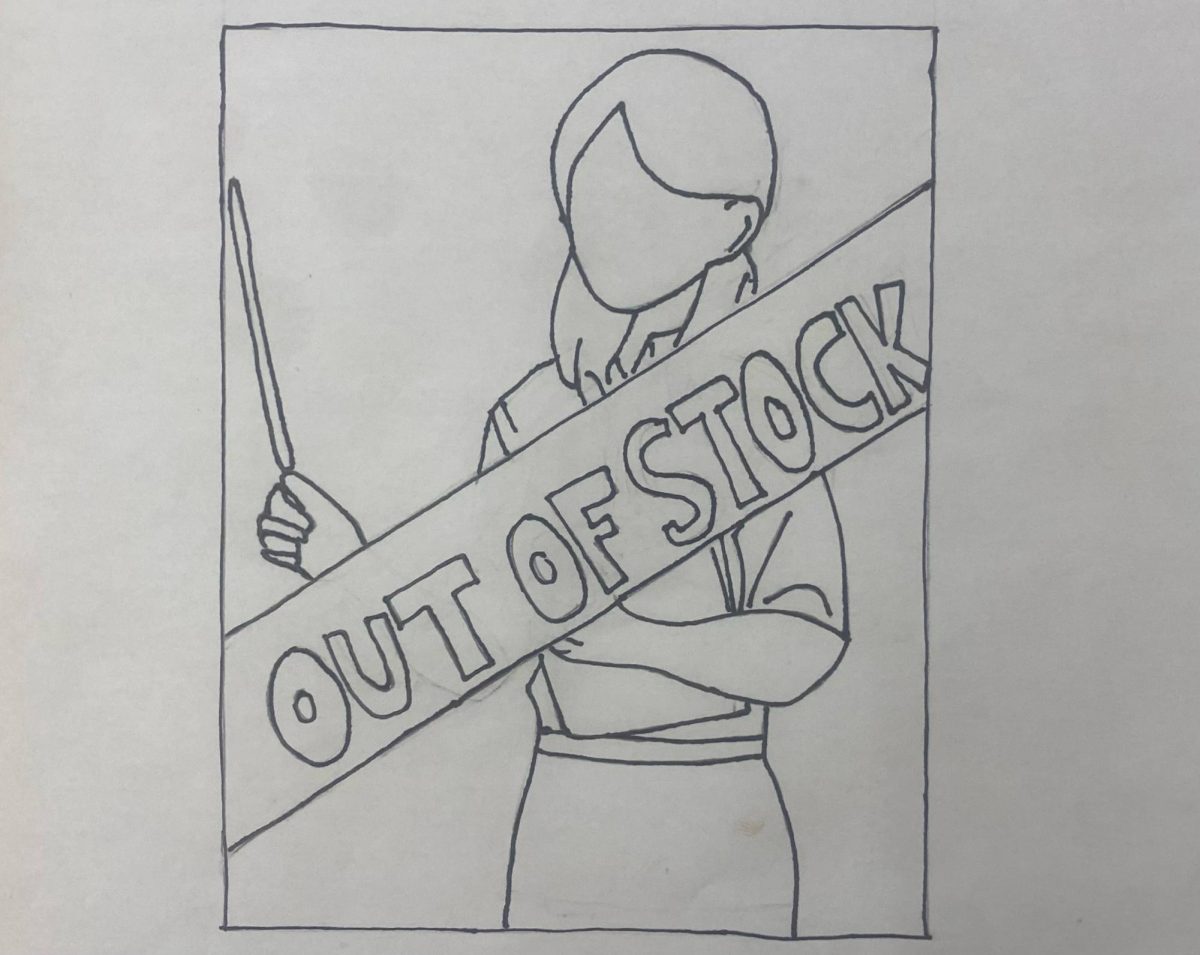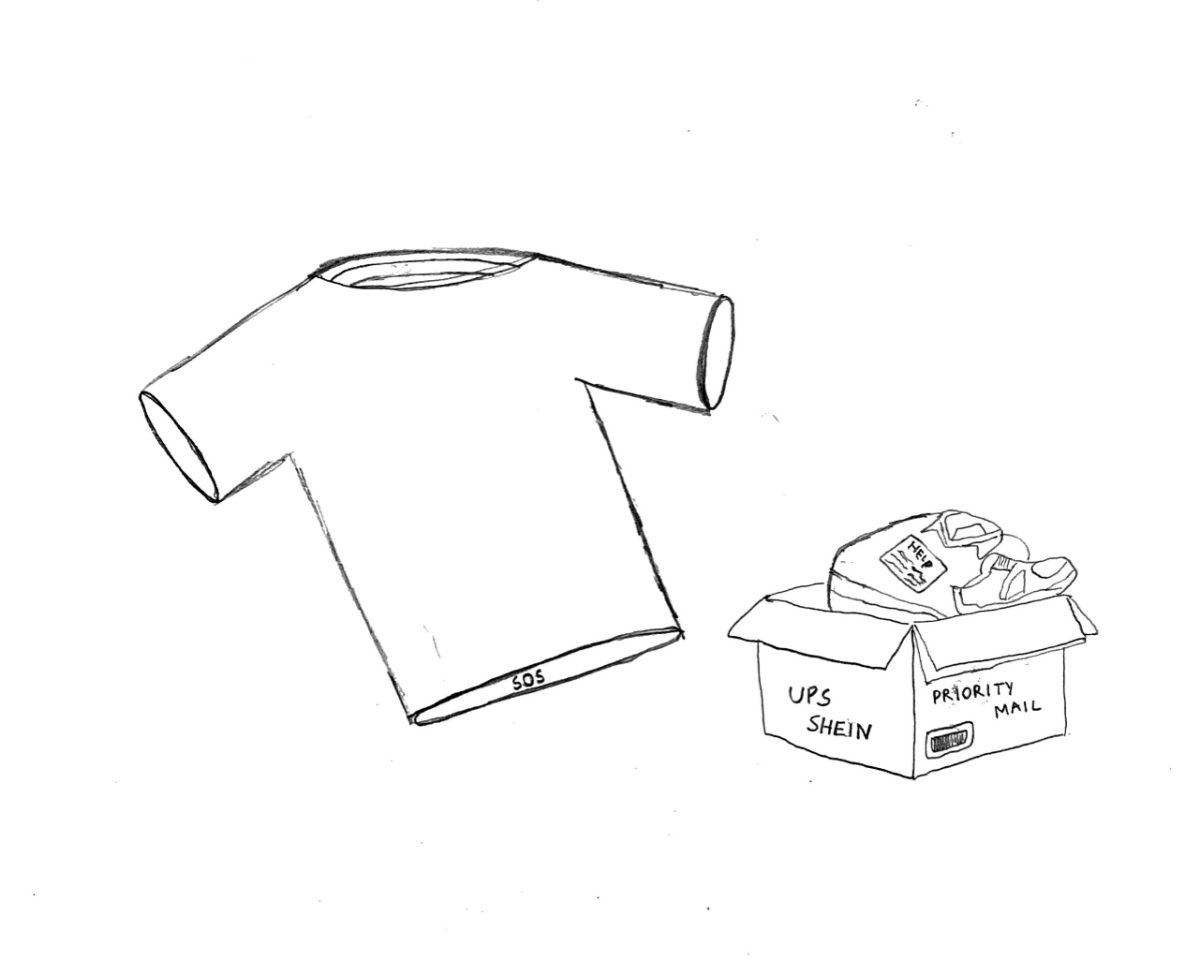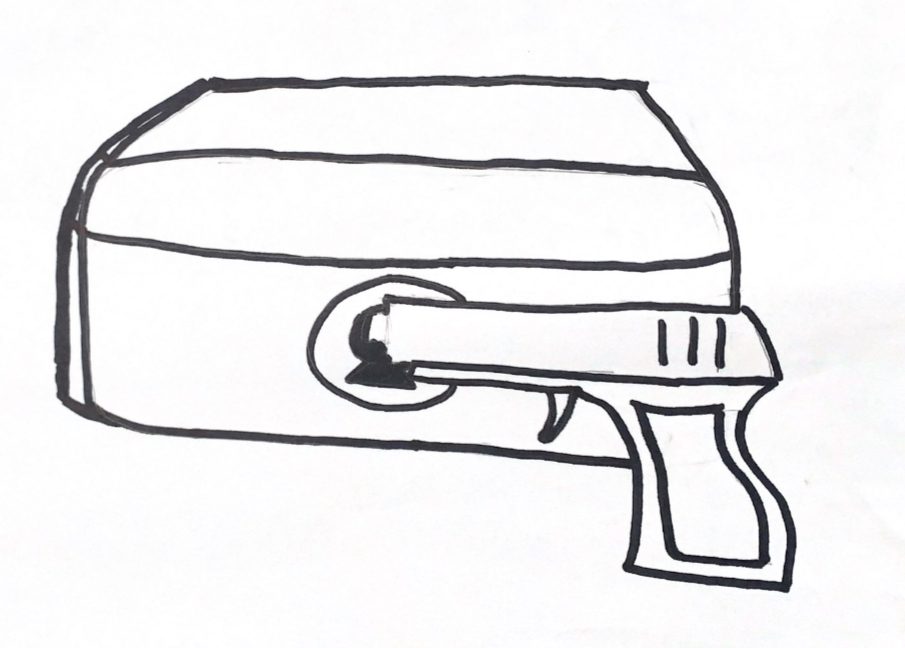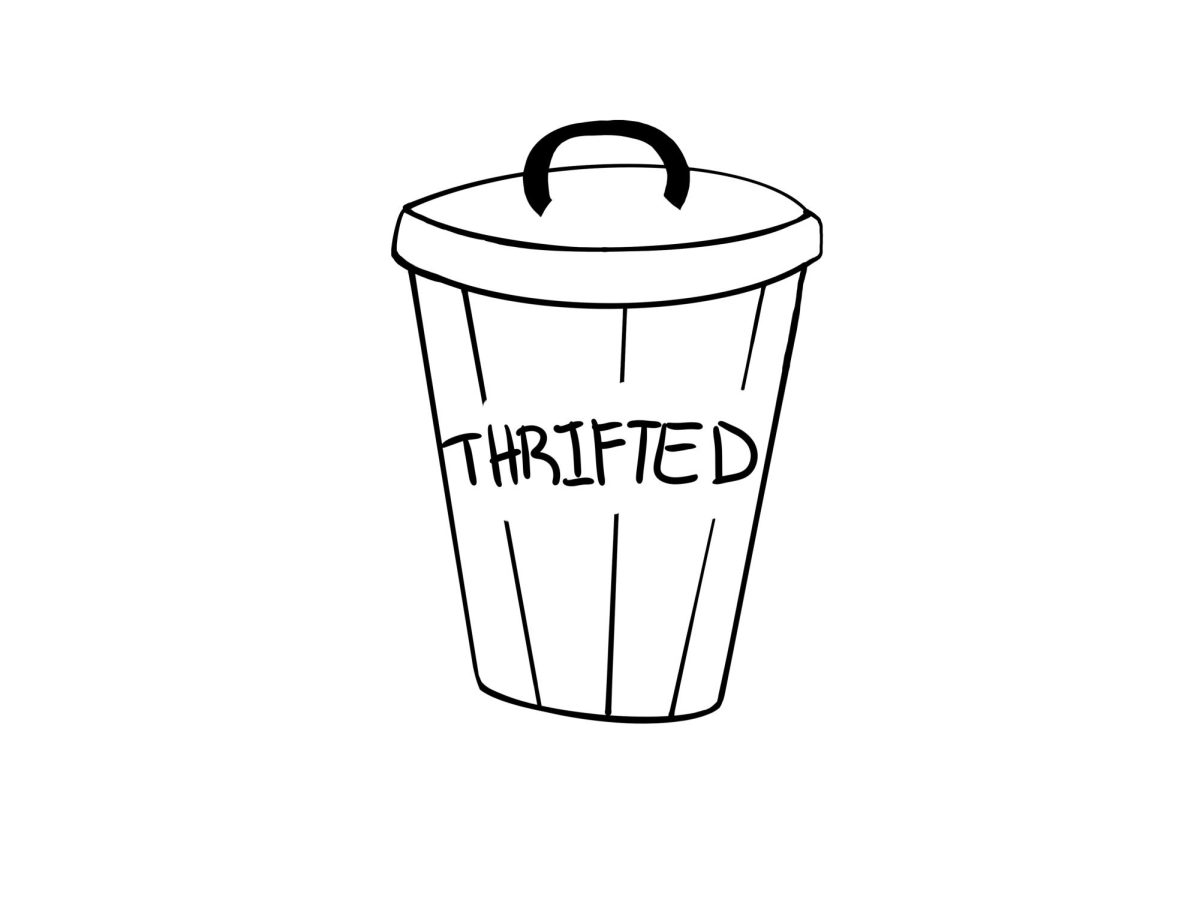“Women and girls do not get to choose when or if they have their period; it’s basic biology,” said California assemblywoman Cristina Garcia in May 2017. “We must make menstrual products available to women and girls who struggle with access to these basic health necessities. If we truly value women’s health, we’ll remove the stigma associated with a basic health care need and treat this fact-of-life like any other medical necessity.”
Garcia echoes the sentiment of other women who have been fighting for women’s rights, specifically to remove the so-called “pink tax,” a sales tax on menstrual products. There are already nine states that have approved legislation exempting tampons from this taxation (Connecticut, Florida, Illinois, Maryland, Massachusetts, Minnesota, New Jersey, New York and Pennsylvania), and California’s government must also take steps to stop the taxing of menstrual products.

There have been significant efforts to do exactly that, just last year. A bill exempting menstrual products from sales tax in California was introduced by two members of the California State Assembly, Garcia and Ling Ling Chang, both women, in January 2016. Garcia’s office calculated that women in California on average pay about seven dollars per month for 40 years of tampons, pads and other sanitary products. About seven percent of the cost of a box of tampons, or 49 cents, is sales tax.
However, Governor Jerry Brown vetoed the bill in September 2016, arguing that it would cost the state too much money. Legislation about the tampon tax was delayed from 2017 to 2018. This action is a blatant display of misogyny in our own liberal, forward-thinking backyard. A powerful man, who has had no experience in his whole life dealing with menstruation, talks about tampons primarily in the context of taxing them.
I highly doubt Governor Brown truly understands the physical and emotional struggles almost every woman has felt in her life when it comes to periods. The societal stigma against talking about periods or dealing with such natural bodily functions is exemplified in this tax, and adding more economic pressure on women is completely unfair and, dare I say it, sexist.
Menstrual products are not considered “necessities of life” by the California Revenue and Taxation Code of Feb. 2017. But is something so fundamental to a woman’s well-being, and even social acceptance, a luxury? According to a recent Bark survey, 85 percent of Redwood students self-reported that they do not consider menstrual products to be luxuries. Specifically, 91 percent of male students do not consider menstrual products to be luxuries, which is more than can be said for Governor Brown.
Some argue that the tax on tampons is not separate—that it is not singling out tampons in specific, but is in fact taxing many hygiene products, such as diapers and toilet paper, under the sales tax. However, the fact is this “pink tax” unfairly targets half of the population (157 million women, according to the 2010 U.S. Census), who are already paid less than men. In 2015, women earned 83 cents to a man’s dollar, according to a Pew Research Center analysis of median hourly earnings of U.S. workers.
In the state of California, there are approximately 18,736,830 women. According to MedlinePlus, a government medical website, girls usually start their periods between age 11 and 14. Until she reaches menopause around the age of 51, a woman will use approximately 10,000 sanitary products in her life, according to obgyn.net. In the words of Garcia’s tweet on Sept. 13th, 2016, “@JerryBrownGov please #mansplain why it’s ok to balance the budget on women’s backs? The unfair #tampontax continues.”
@JerryBrownGov please #mansplain why it's ok to balance the budget on women's backs? The unfair #tampontax continues
— Cristina Garcia (@AsmGarcia) September 13, 2016
The tax cut would cost California about 20 million dollars in revenue, which is the principal argument used by Governor Jerry Brown to justify his veto of the bill. But the 2017-2018 California State Budget is about 180 billion dollars, which means that cutting the “pink tax” would only cost 0.0001 percent of the total spending budget. A possible solution to the loss of sales tax would be to tax a product that all genders buy, such as candy. You read correctly: candy is considered a necessity of life and is exempt from sales tax. It would be more productive to tax candy, a sugary product that contributes to unhealthy habits and raises health care costs, than menstrual products.
We are a nation with a history of discrimination against women and their needs. We are a country that has built a delicate system of government spending, budgeting and collecting revenue through taxes. I am not going to try to explain every nuanced way in which our government works, but I will say this: how advanced can our own state government truly be if Viagra, candy, snack foods, records and vehicles, to name a few things, are exempt from taxation but menstrual products, which are used to help cope with a person’s natural bodily functions, are not?

















